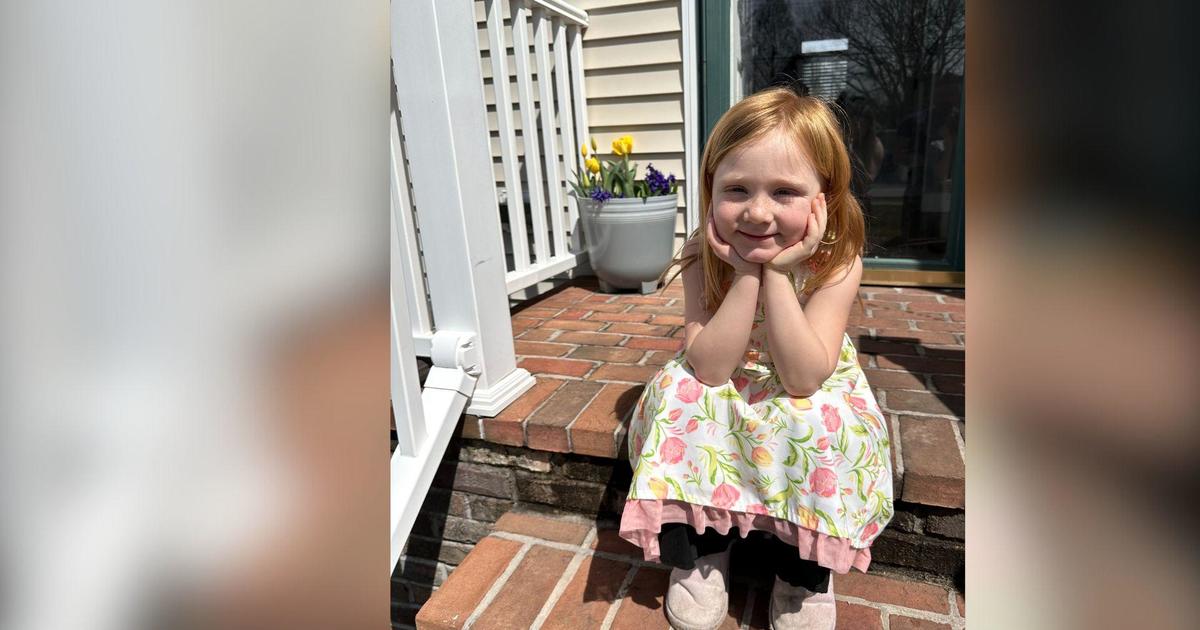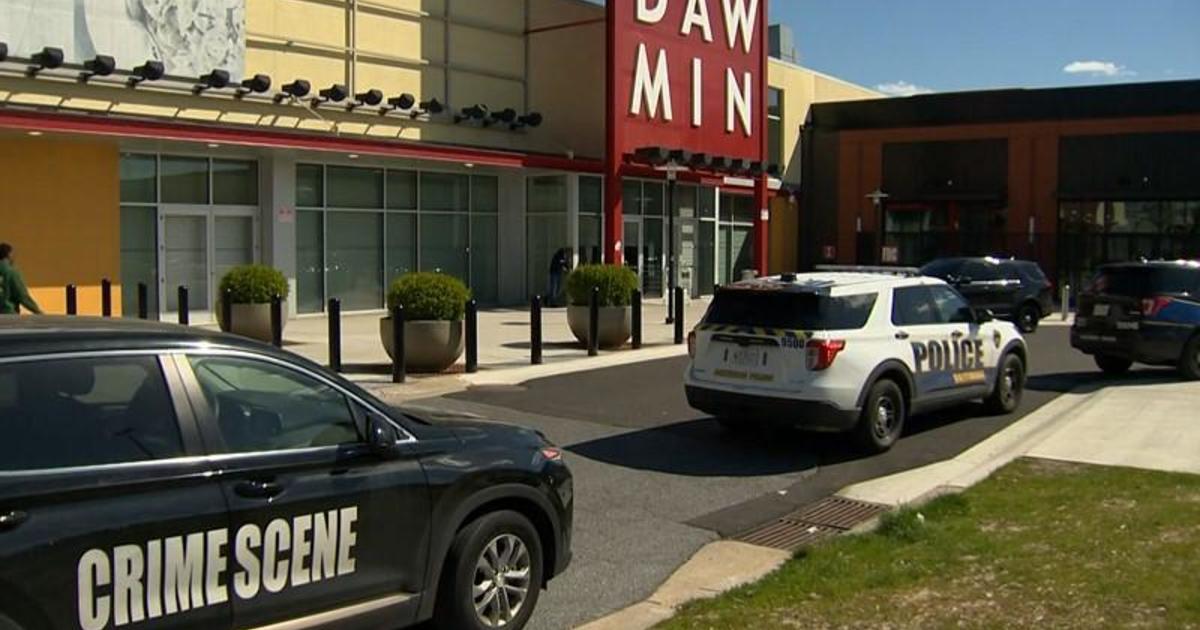Lawyers Argue Over Jury Questions In Leak Case
FORT MEADE, Md. (AP) -- A defense lawyer for an Army private charged in the biggest leak of classified information in U.S. history acknowledged Tuesday in court that it will be hard to find military jurors who aren't aware of the case.
David Coombs, an attorney for Bradley Manning, made the statement during a hearing at Maryland's Fort Meade, the second day of a planned five-day hearing in preparation for Manning's trial, currently scheduled for September.
Prosecutors say that the now 24-year-old Manning gave hundreds of thousands of classified diplomatic cables and war logs to the secret-sharing website WikiLeaks while working as an intelligence analyst in Baghdad in 2009 and 2010. He's facing 22 charges including aiding al-Qaida in the Arabian Peninsula. If convicted, he could be sentenced to life in prison.
At Tuesday's hearing, military prosecutors and Manning's attorneys sparred over questions defense lawyers want to ask to screen potential military jury members. Potential jury members are asked a series of written and then oral questions before being put on the jury. Coombs, Manning's lead defense attorney, said he is using the questions to learn about jurors' open-mindedness and familiarity with issues in the case, but also what makes the potential jurors "tick."
To that end, both sides drafted a written set of more than 100 questions ranging from what newspapers potential jurors read to how much television they watch and where they volunteer. But the defense also wanted to ask more specific questions relevant to the case.
For example, on Monday, Coombs noted that his client is gay. As a result, a total of nine questions about homosexuality are being included in the written jury questionnaire, a prosecutor said. That includes a question about whether potential jurors agree with the repeal last year of the military's "don't ask, don't tell" policy, which prohibited gays from serving openly in the military. But the judge in the case, Col. Denise Lind, refused to allow a question about whether potential jurors oppose gay marriage. She said potential jurors' answers to the "don't ask, don't tell" question get at essentially the same information about bias.
The defense will also get to ask potential jurors whether they've ever read a book about the release of classified information, whether they've ever signed a petition or marched in a protest and whether they're familiar with gender identity disorder.
Unlike a civilian jury, military jurors get chosen by a senior officer to be part of a pool of potential jurors. They can then be questioned and selected to participate in a trial.
Manning has not yet specifically elected to have a jury hear his case and could decide to have a judge hear the case. However, the default in a case like his is to have a jury that would be drawn from a pool of military members stationed in the Washington area.
(Copyright 2012 by The Associated Press. All Rights Reserved.)



